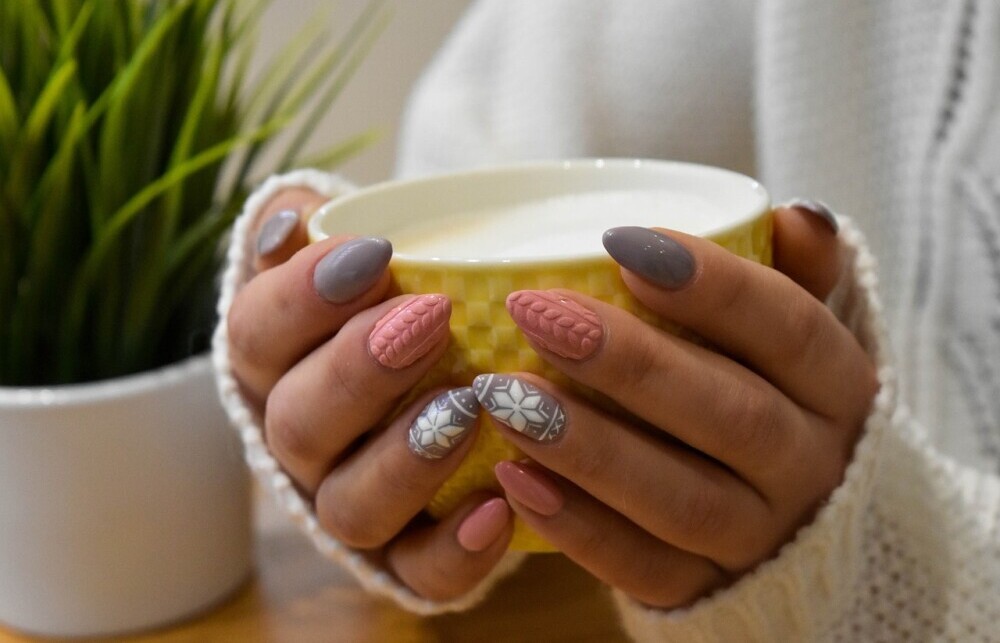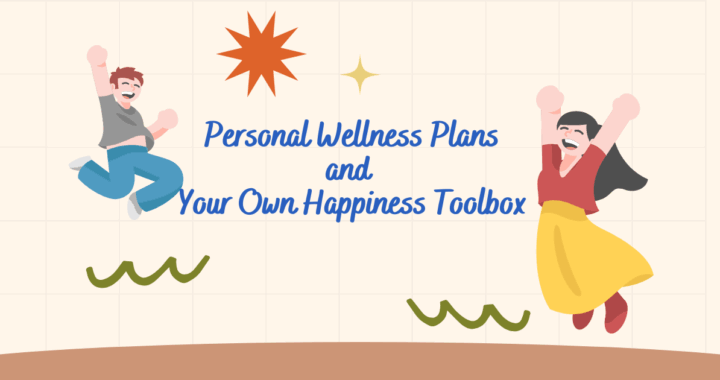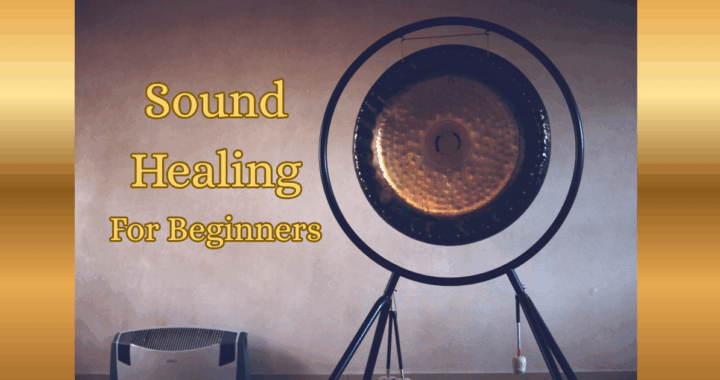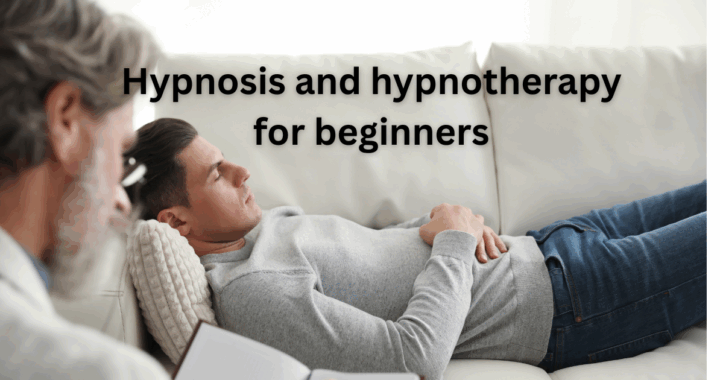Self-care can seem like just another buzzword, but it’s actually crucial for maintaining your own happiness and creating a balanced life. When we talk about self-care, it’s not just about taking bubble baths or indulging in an extra slice of cake, although those can be part of it. I especially love those two. Self-care practices are about doing things that help YOU look after your body, mind, and soul just a little bit more. In this article, we will discuss 20 easy self-care practices anyone can do, regardless of age, budget and location. So, go on, give yourself a little self-love and see how it can transform your life.

Self-care or self-indulgence?
A lot of people sometimes confuse self-care with self-indulgence. This is because of some strange ideas that our society has adopted in recent years, which says that self-care can seem like a bad thing. We are taught often that we should not be selfish or put ourselves and our desires first, and whilst I agree that a selfish and egotistical approach to life will bring a different set of rewards, I totally think that the world would be a much better place if there was a little more self-love.
The difference between self-indulgence and self-care lies in the intent. Self-care is anything you do that helps your overall well-being. Self-indulgence is more about seeking short-term pleasure, which might not always align with your long-term interests. Of course, those luxury bubble baths we talked of earlier may fall into the self-indulgent category, but they will add to your overall well-being rather than detract from it. Being self-indulgent and giving in to every little whim you have to buy something, however, may lead to a financial problem which would ultimately detract from your well-being.
Self-care has not always been at the forefront of our thinking. It was often considered selfish. But times have changed, and we now realize that self-care is about taking responsibility for our health. Holistic self-care is the way to go, meaning we now try to cover all bases: physical, mental, and emotional. It means paying attention to what you eat, staying active, keeping your mind sharp, and nurturing your emotional and mental well-being. There is also a recognition nowadays that unless we are good at self-care, we have very little reserves or energy left to help other people. If you are stressed and overworked, you are much less likely to approach other people’s problems with compassion and understanding.
The heart of self-care is about you. It’s about doing the things that make you feel like the best version of yourself or at least working towards that. Whether that’s a walk in the park or setting boundaries at work, self-care should put your needs first, and you should feel positive and empowered by doing it.

The Importance of Self-Care: Why It Matters Now More Than Ever
As the world we’re all co-creating seems to spin faster and faster, we’ve started recognising the importance of focusing on our mental health. Stress and burnout are at all-time highs. More and more people are opting out of the normal 9-5 ‘rat race’ and are looking for alternative ways to live which feel more aligned with their higher selves. Starting with easy self-care practices offers a way forward that anyone can do to help combat these pressures.
Incorporating self-care into your daily life isn’t just about feeling better—it’s about living better. When you prioritise caring for yourself, your quality of life improves significantly. It’s akin to the scenario when you’re on a plane, and the cabin staff tell you to put on your own oxygen mask before helping anyone else. They recognise that when you are in a good place, you can help other people, but you have to get to the good feeling place first.
Is there a magic formula that works for everyone?
The proverbial ‘one-size-fits-all’ solutions don’t work here. Everyone’s self-care routine should match their unique life circumstances and personal needs. For some, it might mean meditation or yoga; for others, just spending a few quiet moments with a good book can do wonders. YOU will need to find out what YOU need to feel better.
Hearing about others’ journeys can be helpful and work as a starting point. Take Emma, who shared how adopting small self-care habits such as doing her nails once a week helped her regain control during stressful exam periods. Or Peter, whose daily walks turned into a cherished routine that eased his anxiety.

Focusing on self-care isn’t just a trend; it’s a necessity. It can not only support your mental well-being but also your physical health, as stress relief contributes to better sleep, lower blood pressure, and even a stronger immune system. Remember, self-care isn’t selfish—it’s the basis of your life!
Scientific Insight: Self-Care’s Impact on Health and Wellbeing
There’s a growing body of research evidence which highlights the profound effects of self-care on both mental and physical health. Studies have shown that regular self-care practices can reduce stress hormone levels, boost your mood, and improve heart health. It’s more than just feeling good in the moment—it has lasting benefits.
The bio-psychosocial model offers some valuable insight here. It suggests our health results from the interplay between biological, psychological, and social factors. Self-care steps in by balancing these areas. Taking even small actions, like deep breathing exercises or journaling, can improve your focus and emotional resilience.
Evidence supports self-care as a stress-buster. When you engage in self-care activities, you’re helping your body switch from ‘fight or flight’ mode to ‘rest and digest.’ This not only alleviates stress but also enhances your body’s natural healing abilities. When we are stressed, our bodies release stress hormones such as cortisol which can have a detrimental effect on the body if levels remain elevated. Self-care activities can reverse this action and reduce our stress response.
The Link Between Mind and Body
Dr. Joe Dispenza is a renowned researcher, author, and lecturer who explores the intersection of neuroscience, epigenetics, and quantum physics. His research focuses on the transformative power of the mind and how meditation can lead to significant changes in the body and mind. Dr. Dispenza has conducted extensive studies on the effects of meditation on various aspects of health, including immunity, emotional well-being, and even cancer. His work aims to demonstrate that by harnessing the power of the mind, individuals can achieve lasting changes and improve their overall quality of life.

Long-term health outcomes improve remarkably with consistent self-care. One study found that participants who engaged in regular self-care reported better mental health and a more positive outlook on life over time. These self-care practices are not just personal preference; they are backed by science, making them critical for anyone wishing to maintain a healthy equilibrium in their own lives.
20 Easy Self-Care Practices Anyone Can Implement Today
Self-care doesn’t have to be complicated or time-consuming. Here are 20 simple activities that can fit easily into your daily or weekly routine, regardless of your lifestyle or budget.
1. Take a walk: Spending time outdoors and moving your body can improve your mood, boost creativity, and reduce stress levels. It also helps improve cardiovascular health.
2. Drink water: Staying hydrated is essential for your body’s functions, from digestion to temperature regulation. It also helps maintain energy levels and cognitive function.
3. Read a book: Reading can be a great escape and a way to reduce stress. It stimulates your mind, increases knowledge, and can improve your focus and concentration.
4. Listen to music: Music can have a powerful effect on emotions, helping to boost your mood, relax, or energize you. It’s also a great tool for reducing stress and anxiety. Choose music that will lift your mood or relax you.

5. Journal: Writing down your thoughts and feelings can be a therapeutic way to process emotions and gain clarity. It’s also a good habit for promoting self-reflection and personal growth and can help you see how far you’ve come when you look back on previous entries.
6. Practice deep breathing: Deep breathing exercises can help calm your nervous system, reduce stress, and improve focus. It’s a simple way to bring more mindfulness into your day and starting your day with some deep breaths and a little gratitude practice can really make a difference to how you approach your day.
7. Stretch: Stretching helps improve flexibility and reduce muscle tension, which can be especially beneficial if you spend a lot of time sitting. It also helps increase blood flow and energy levels.
8. Meditate: Meditation can reduce stress, improve focus, and promote a sense of calm and well-being. It’s a practice that can help you become more mindful and present. You don’t need to do hours at a time, just 15 minutes a day can have a proven and beneficial effect on your well-being.
9. Take a bath: Soaking in a warm bath can relax your muscles, improve circulation, and provide a quiet time to unwind. Adding Epsom salts or essential oils can enhance the experience. And yes, feel free to add those luxurious bubbles too!
10. Connect with a friend: Social connections are vital for emotional well-being. A good chat with a friend can provide support, laughter, and a sense of belonging.
11. Enjoy a hobby: Engaging in a hobby you love can bring joy, reduce stress, and provide a sense of accomplishment. It’s a great way to take a break from daily routines. It can be fishing, gardening, amateur dramatics, dancing, running… the list is endless and as diverse as the people we are. Find something that YOU LOVE to do and make the time to do it regularly.

12. Declutter: Organising your living space can create a sense of order and calm, making it easier to relax and focus. It can also reduce feelings of overwhelm and calm a stressed mind. There are many simple techniques that you can follow to help you declutter and sort your office and home space out, and many simple life hacks can be found on social media channels that can really make a difference in a cheap and simple way.
13. Cook a healthy meal: Preparing a healthy meal can be a satisfying, nurturing and creative activity. It allows you to take control of what you eat and can be a great creative outlet for your inner chef. Just make sure you take the stress out of it by ensuring you have the time to do it properly, without rushing and without feeling the stress of having to feed a ravenous horde!
14. Practice gratitude: Focusing on the positive aspects of your life can improve your mood, reduce stress, and foster a more optimistic outlook. This is one of my favourite activities because it costs nothing but it can really make a difference to your general outlook. And this will impact your day in positive ways. The universal Law of Attraction will respond positively to your positive energy so don’t overlook this very easy self-care practice.
15. Unplug: This is another favourite of mine. Taking a break from the myriad of screens, news and social media that we are all subject to on a daily basis can reduce feelings of overwhelm and improve your mental clarity. It allows you to be more present and engaged with your surroundings, and to realise that there are things in life that you can affect and other things that you cannot.
16. Exercise: Physical activity releases endorphins, which can boost your mood and reduce stress. It also improves overall health, energy levels, and sleep quality. But it doesn’t mean you have to spend hours hauling weights in the gym. That’s fine if that’s your thing, but you could also easily take a dance class, go swimming, take up Tai Chi or go on a dog walk. Make sure the exercise feels good to you, otherwise, it will feel like a chore, not self-care.
17. Laugh: Laughter is a natural stress reliever and can instantly boost your mood. Watching a funny video or spending time with humorous friends can provide a good laugh. You can also go to a comedy club (funds allowing) or buy yourself a silly joke book and pretend you’re 7 again!

18. Take a nap: A short nap can recharge your energy, improve mood, and enhance cognitive function. The Spanish treat their siesta with reverence as a part of their cultural heritage. It’s a simple way to give your body and mind a quick rest from the stresses and pressures of the day.
19. Volunteer: Helping others can provide a sense of purpose and fulfilment. It also fosters social connections and can boost your mood and self-esteem. Choose a way to help others that interests you. This could be as working in a hospital, charity shop or simply helping with a litter pick in your local area.
20. Practice mindfulness: Being present in the moment can help reduce stress, improve focus, and enhance overall well-being. It allows you to appreciate the little things in life. Mindfulness is different to meditation but also similar. You can be mindful whilst eating, savouring each mouthful and living in the moment as you eat.
Remember, easy self-care practices should be just that. They should be easy and something that cares for YOU! It’s about finding what works for your own life and that fits with your lifestyle and schedule. Self-care is a personal journey to your own well-being. You can share it with others as you wish but never feel guilty about looking after your own mental, physical and emotional health.
So, go on… love yourself a little bit more today.

Related links
Beginner’s Guide To Meditation And Its Benefits





I love how you emphasize that self-care isn’t selfish, but necessary for overall well-being. The distinction between self-care and self-indulgence really hit home for me—it’s all about finding balance and prioritizing what helps us feel our best. The 20 practices you listed are so simple, yet impactful, and I can see how easily they can be incorporated into any routine. I especially appreciate the reminder to unplug and make time for things that recharge us. Thanks for such a thoughtful and practical post on taking care of ourselves!
Hi Maksim. Thanks for taking the time to read the post and share your thoughts. I’m also glad that you found the ideas useful and that some of them resonated for you. I’m a great believer that we need to start with self-care and self-love and all other positive aspects such as compassion, understanding, love for others and the environment, start from there. So many people in the world are angry at things because they can’t find it in themselves to love themselves enough and so look outside and blame others. I say, let’s be kinder to ourselves first and then turn our attention to how our knowledge and understanding of love can be of service to others.
This piece is definitely a timely reminder that self-care is not only important but a necessity. We live a fast-paced life in an even faster-paced world and we need to create the space to centre ourselves again. The self-care practices you recommended are simple but highly impactful and the best part of it is everyday activities we take for granted. I was reminded of that reading your piece. Your advice has stuck with me and I’m definitely gonna love myself a little bit more each and every day.
Dear Roberta. Many thanks for your kind comments and I’m very pleased that you found them helpful and a good reminder of how we can look after ourselves just that little bit more. I agree that we often take many things for granted but finding a little bit of time every day for yourself is a must! Have a wonderful day. Gail